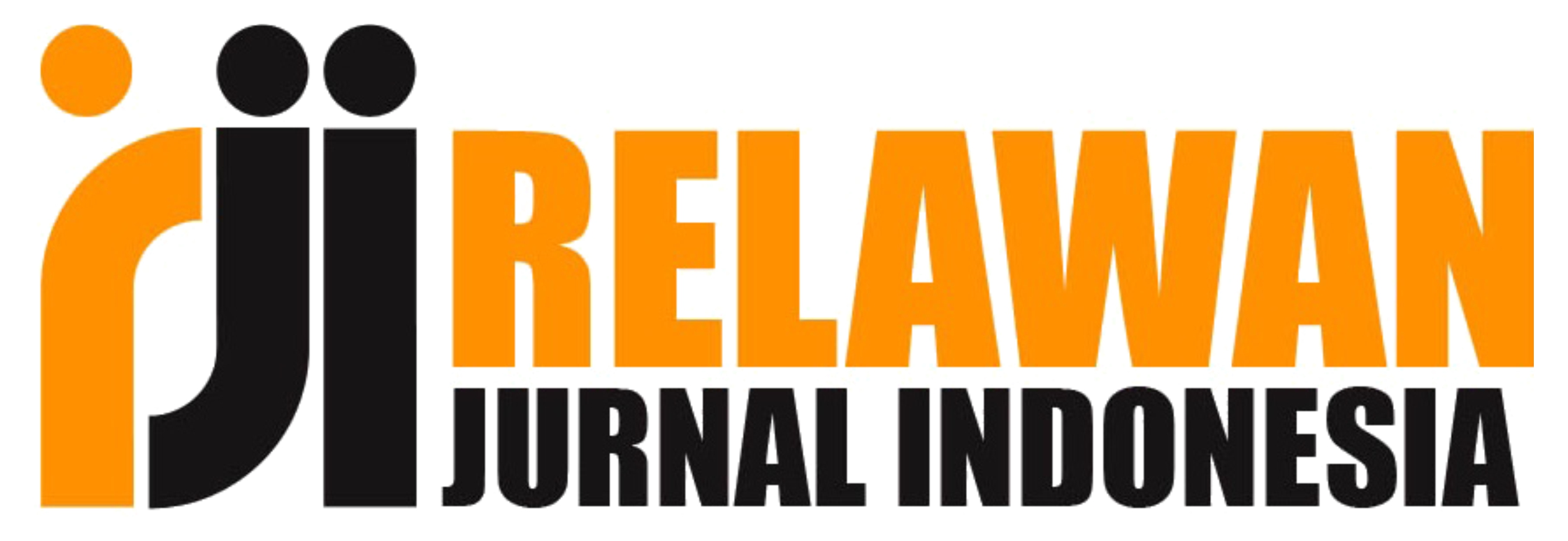Peran Guru Dalam Implementasi Pembelajaran Project Based Learning di TK Kelinci
DOI:
https://doi.org/10.61476/x9wfk957Keywords:
Early Childhood Education, Project-Based Learning, Teacher's Role, Social Skills, Critical Thinking SkillsAbstract
This study aims to identify the role of teachers in implementing Project-Based Learning (PBL) at TK Kelinci Kindergarten, focusing on enhancing student engagement through meaningful projects. A qualitative approach with a case study design was used, gathering data through in-depth interviews, direct observations, and documentation. Findings indicate that teachers play a crucial role as facilitators and mentors in PBL, providing the guidance and support necessary for students to complete their projects. Key challenges in implementing PBL include time constraints, limited resources, and parental support. Nevertheless, teachers successfully address these challenges by developing time management strategies and fostering partnerships with the community. The positive impacts of PBL implementation at TK Kelinci include improvements in critical thinking, creativity, collaboration, as well as students’ sense of responsibility and independence.
Downloads
References
Ahmad, M. (2021). The Impact of Teacher Feedback on Students’ Academic Performance: A Mediating Role of Self-efficacy. Journal of Development and Social Sciences, 2(III), 464–480. https://doi.org/10.47205/jdss.2021(2-III)39
Cavas, B., & Cavas, P. (2020). Multiple Intelligences Theory—Howard Gardner. In B. Akpan & T. J. Kennedy (Eds.), Science Education in Theory and Practice (pp. 405–418). Springer International Publishing. https://doi.org/10.1007/978-3-030-43620-9_27
Habsy, B. A., Malora, P. I., Widyastutik, D. R., & Anggraeny, T. A. (2023). Teori Jean Piaget vs Lev Vygotsky dalam Perkembangan Anak di Kehidupan Bermasyarakat. TSAQOFAH, 4(2), 576–586. https://doi.org/10.58578/tsaqofah.v4i2.2325
Jacquez, F., Topmiller, M., Morris, J.-L., Shelton, A., Wooten, C., A. Best, L., Dicken, A., Arenas-Losacker, M., Alvarez, G., Davis, C., & Cole, S. (2022). Early childhood wellness through asset-based community development: A participatory evaluation of Communities Acting for Kids Empowerment. In R. Stoecker & A.
Falcón (Eds.), Handbook on Participatory Action Research and Community Development. Edward Elgar Publishing. https://doi.org/10.4337/9781839100970.00019
Koimah, S. M., Zahra, N. A., Prasitini, E., Sasmita, S. K., & Sari, N. (2024). Implementasi Pembelajaran Berdiferensiasi untuk Memenuhi Kebutuhan Belajar Siswa yang Beragam. Jurnal Ilmu Sosial Dan Budaya Indonesia, 2(2), 58–66. https://doi.org/10.61476/49j96838
Kong, Y. (2021). The Role of Experiential Learning on Students’ Motivation and Classroom Engagement. Frontiers in Psychology, 12, 771272. https://doi.org/10.3389/fpsyg.2021.771272
Kurniahtunnisa, K., Anggraito, Y. U., Ridlo, S., & Harahap, F. (2023). STEM-PjBL Learning: The Impacts on Students’ Critical Thinking, Creative Thinking, Communication, and Collaboration Skills. Jurnal Penelitian Pendidikan IPA, 9(7), 5007–5015. https://doi.org/10.29303/jppipa.v9i7.2985
Lyu, Z. (2023). The Role of Project-Based Learning in Cultivating Students’ Values. Scholars International Journal of Linguistics and Literature, 6(05), 222–224. https://doi.org/10.36348/sijll.2023.v06i05.002
Marhadi, H., Sapriya, S., Hakam, K. A., & Budimansyah, D. (2023). The role of the problem-based learning approach in optimizing student involvement in the learning process. Cypriot Journal of Educational Sciences, 18(3), 544–555. https://doi.org/10.18844/cjes.v18i3.8760
Maryati, S., Dwi Lestari, G., & Riyanto, Y. (2022). The Effectiveness of Mentoring in the Implementation of the Project-based Learning (PjBL) Model in the Independent Curriculum for PAUD Educators. European Journal of Education and Pedagogy, 3(6), 12–18. https://doi.org/10.24018/ejedu.2022.3.6.471
Mbarara University of Science and Technology, & Arishaba, E. (2024). Teaching and Learning in Secondary Schools Using Social Learning Theory. Journal of Research Innovation and Implications in Education, 242–247. https://doi.org/10.59765/ndfw8253ric
Mishin, I. N. (2022). Implementation of Project Activities in the System of StudentCentered Learning. Vysshee Obrazovanie v Rossii = Higher Education in Russia, 31(3), 140–151. https://doi.org/10.31992/0869-3617-2022-31-3-140-151
Ostrovska, M., Margitych, K., Bryzhak, N., Bopko, I., & Bedevelska, M. (2023). The Use of Creative Projects for the Enhancement of Primary School Students’ Learning Motivation. Revista de la Universidad del Zulia, 14(41), 890–907. https://doi.org/10.46925//rdluz.41.49
Qureshi, M. A., Khaskheli, A., Qureshi, J. A., Raza, S. A., & Yousufi, S. Q. (2023). Factors affecting students’ learning performance through collaborative learning and engagement. Interactive Learning Environments, 31(4), 2371–2391. https://doi.org/10.1080/10494820.2021.1884886
Selvaraj, A. M., Azman, H., & Wahi, W. (2021). Teachers’ Feedback Practice and Students’ Academic Achievement: A Systematic Literature Review. International Journal of Learning, Teaching and Educational Research, 20(1), 308–322. https://doi.org/10.26803/ijlter.20.1.17
Sultan, M. R., Qalbi, N., & Nappu, S. (2023). Project-Based Learning in Creative Writing: Teachers’ Strategies and Encountered Obstacles. VELES (Voices of English Language Education Society), 7(2), 374–384. https://doi.org/10.29408/veles.v7i2.21419
Timchenko, G., Neustroieva, G., & Ponomarenko, N. (2021). PROJECT ACTIVITIES OF STUDENTS AND CRITERIA FOR EVALUATING RESULTS. ТHE SOURCES OF PEDAGOGICAL SKILLS, 26, 206–210. https://doi.org/10.33989/2075-146x.2020.26.227655
Wahjusaputri, S., Ernawati, E., Wahyuni, Y., & Wahyuni, I. (2024). Penerapan Pendekatan Play-Based Learning dalam Meningkatkan Minat Belajar Siswa. Murhum : Jurnal Pendidikan Anak Usia Dini, 5(1), 112–121. https://doi.org/10.37985/murhum.v5i1.489
Zahra, N. A., Koimah, S. M., Salam, F. F., Fierna, M., & Putri, J. L. (2024). IMPLEMENTATION OF THE FOUNDATION PHASE STRENGTHENING PANCASILA STUDENT PROFILE PROJECT IN THE MERDEKA CURRICULUM AT KELINCI KINDERGARTEN. 12(2).
Published
Issue
Section
License
Copyright (c) 2024 Nur Amalia Zahra, Siti Mariyatul Koimah (Author)

This work is licensed under a Creative Commons Attribution-ShareAlike 4.0 International License.












